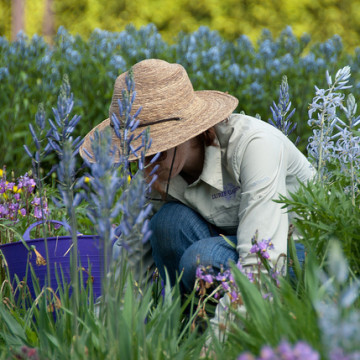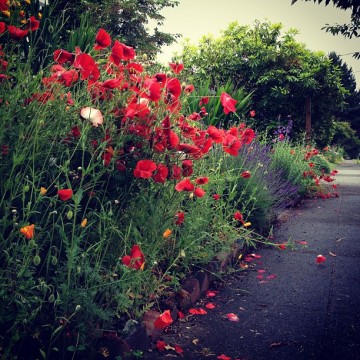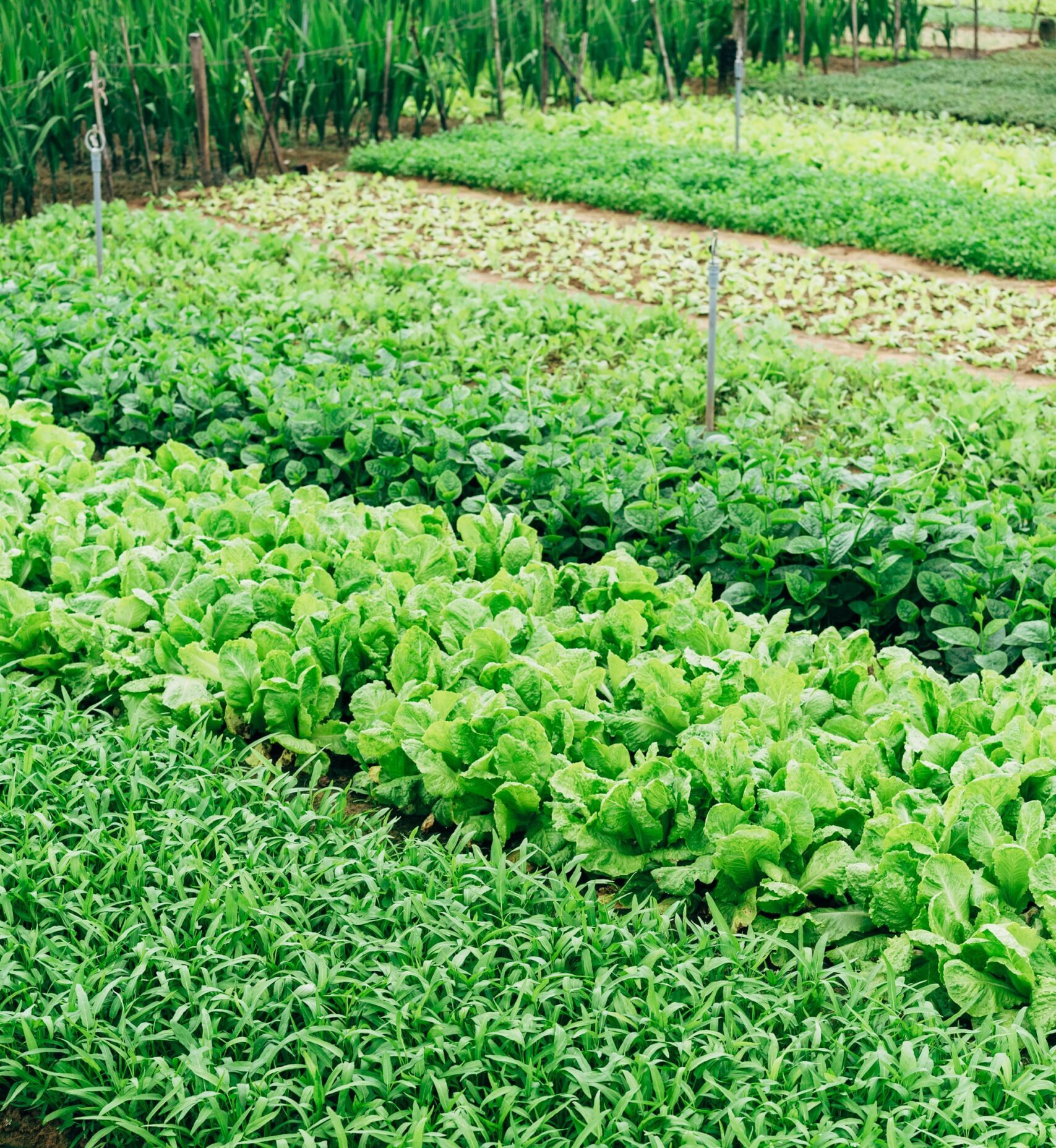
With spring right around the corner, it’s the perfect time to dust off your gardening gloves and put the ol’ green thumb to good use.
Think gardening is not your thing? Well, gardens do more than just look pretty. They can actually benefit your physical and mental wellbeing in a number of ways. These 10 side effects of gardening might just change the way you feel about the activity.
1. Know where your food is coming from and what is going into it. When you are the one picking the seeds and tending to the garden, you control what you grow. You can easily avoid GMO’s, pesticides, herbicides, and harmful fertilizers simply by default.
2. Save money. Growing your own produce, herbs or flowers is far more reasonable than purchasing them at the store.
3. Reconnect with nature. There is something spiritual (at least for me) about being in direct contact with the environment. I become more centered, grounded, and aware. Plus, gardening is one form of “earthing”, which can lead to higher energy levels, better sleep, and more.
4. Get a healthy dose of Vitamin D. Just 15 minutes a day in the sunlight is all you need to receive enough of this vitamin. It is necessary for bone health and is rarely obtained through food.
5. Boost your immune system. Despite what you may think, exposure to nature can actually decrease your susceptibility to allergens (because the body builds a tolerance to them). However, keep in mind that pollen rates are at their highest from 3am-8am, so you may want to limit your gardening to the late morning or afternoon hours.
6. Relieve stress. Gardening requires a lot of attention- there are so many different things going on at once from smells to sights to feelings. These things draw your focus away from what’s worrying you and toward the task at hand. A study from the Netherlands found that subjects who gardened for 30 minutes showed lower levels of cortisol than subjects who read indoors for 30 minutes.
7. Boost your mood. A study conducted by the University of Bristol found a correlation between gardening and happiness. The reason? Contact with mycobacterium vaccae, a species of soil bacteria, can cause the brain to release more serotonin (a neurotransmitter that contributes to feelings of well-being). Need more evidence? This Mercola study found that the more time spent in the garden, the happier one tends to feel.
8. Build some physical activity into your life. Gardening is a workout, although it doesn’t always seem that way. It requires squatting, lifting and sometimes much more (depending on the size and maintenance needs of the area).
9. Express yourself. Gardening can be a great creative outlet. You get to arrange your crops how and where you want, prune them to your fancy. Art can take many forms, gardening being one of them.
10. Gain a sense of accomplishment. You are creating something with your own two hands. You get to experience the fruits of your efforts firsthand. There is something to be said for watching something you made grow and thrive before your eyes- that alone should be enough to make you feel great!
Do you live in a city or a metropolitan area without much room for gardening? Look into community gardens in your area where you can share plots with neighbors. You could also try container gardening on a balcony, roof or windowsill.
Some garden pics to inspire you!
Related: 5 Herbs to Get Started on Your DIY Herb Garden
10 Edible Flowers to Plant This Spring
6 Plants for Your Indoor Garden
__
Photo: ReallyBoring, RamonesKaraoke, LethaColleen, Muffet, all via Flickr; Juhea Kim









